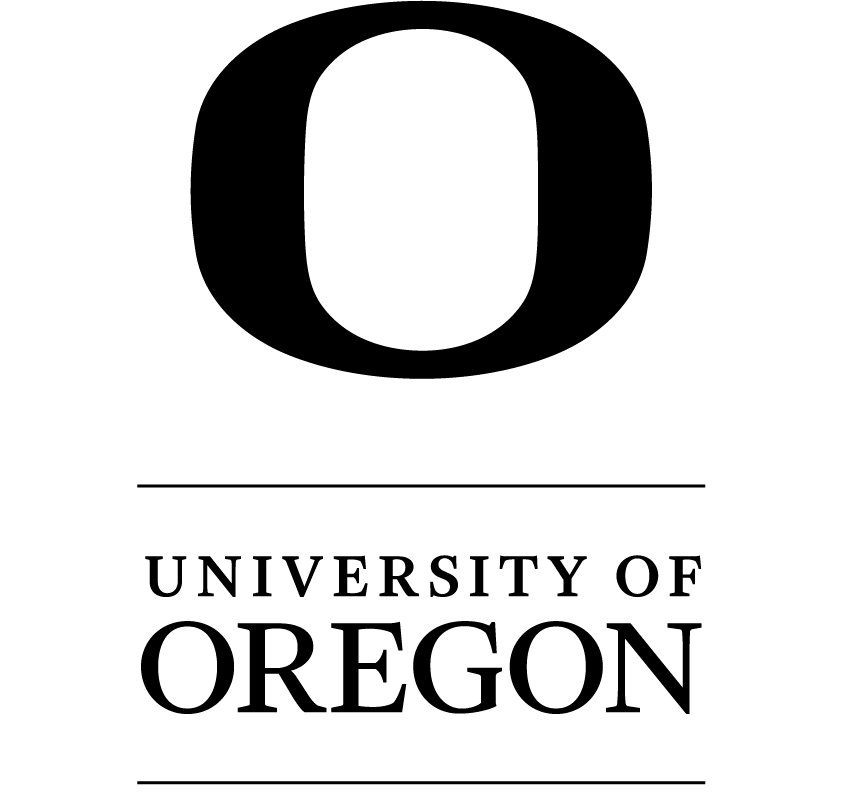Remote Assessments & Exams
Academic Council Guidance
Informs instructors that they may modify course expectations such that required work is reduced or grading schemes are adjusted provided they can still meet course learning objectives.
Requires that instructors shall have make ups or alternatives to exams. If instructors will need support to manage an increased volume of make-ups, they should work with their department head, who will take guidance from the school/college Academic Continuity Team. In some cases, a grade of Incomplete may be used for make-ups that will take place after grades are due.
Academic Integrity and End-of-Term Assessments
Faculty and graduate student instructors are working exceptionally hard right now to support student learning, and to design assessments that measure and reinforce that learning. One challenge instructors have identified is maintaining academic integrity and accurate assessment of student learning when administering exams online. Regardless of the remaining assessments in your course, we invite all instructors...
Making Flexible, Supportive End-of-Term Allowances in Canvas
by Pat Fellows Faculty may be considering how to enact end-of-term flexibility for students in keeping with Academic Council’s June 4, 2020 advice. UO Online and TEP are available to help you consider how to communicate changes to students and technically make allowances within Canvas. Submit a support request here. Here are some suggestions: When students are excused from an assignment, enter an “EX” for their...
Alternative Assessments for Remote Teaching
Academic Council has granted flexibility for instructors to continue to refine course expectations, explaining that instructors may "modify course expectations such that required work is reduced or grading schemes are adjusted provided they can still meet course learning objectives.” Some UO faculty and GEs are reimagining how to assess student learning in light of pandemic-related constraints as well as a...
Recommendations for Preventing Online Academic Misconduct
Katy Larkin is Assistant Dean of Students and Director of Student Conduct and Community Standards. As we have rapidly transitioned to remote instruction, you may be concerned about maintaining academic integrity in your newly online classes. There are many reasons why students may choose to commit acts of academic misconduct. These may include: pressure to achieve, misunderstanding academic integrity, and...
Student Behavior and Conduct Considerations in a Remote Environment
Transitioning Student Conduct to an Online Environment While our teaching, learning, and student services methods have clearly changed, our policies have not. The Office of Student Conduct and Community Standards (SCCS) is dedicated to helping provide a safe and inclusive college experience for all of our students, faculty, and staff. To assist in ensuring this environment exists remotely, SCCS has compiled...
Canvas Exams
Canvas Quizzes are a good tool for multiple choice, short answer, and essay type exam questions. You can also allow for file uploads (images of written work or scanned documents). For other exam formats where students only upload a single file (e.g. a final project or paper), Canvas “Assignments” are a good solution. Quizzes can be set up as either a single, stand-alone quiz; or you may wish to organize your...
Honor Pledges for Online Exams, Academic Integrity in Remote Courses
Shared by Josh Skov, instructor of management, and the Katy Larkin, Assistant Dean of Students Director of Student Conduct and Community Standards Josh created this pledge for his course: Another example: https://www.rochester.edu/college/honesty/instructors/pledge.html Katy suggests that invoking consequences of being found responsible for misconduct (“if you do not adhere to these expectations, you will receive...
